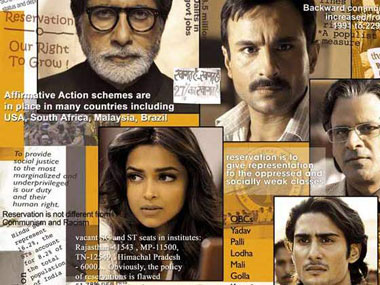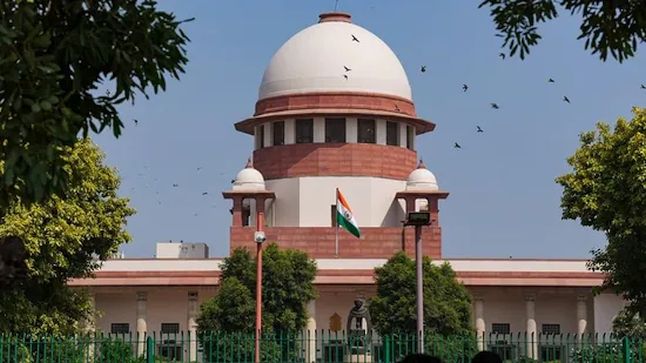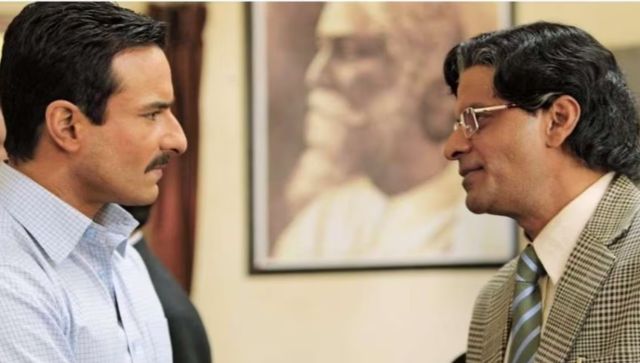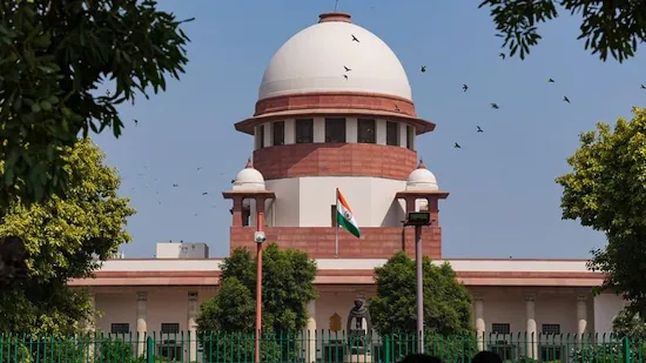Few films make the kind of waves even before they are released. Prakash Jha’s Aarakshan, which supposedly raises some questions about merit and seat quotas based on caste or backwardness, is one of them. Even before it has come to the multiplexes, politicians of every hue have jumped in to have their say. And two state governments have already banned it without even seeing it. (Punjab and Uttar Pradesh).
Here are 10 questions we all need to ask ourselves about reservations after the Aarakshan fiasco.
One, is even talking about reservations taboo in a country that constitutionally backs free speech? Abuse of Dalits or any caste is certainly not on, but discussions on the merit of reservations?
Two, why is it necessary to believe that reservations are the only way to help Dalits and other backward castes (or even backward religious groups) take their places in the sun? Why can’t states, and institutions, consider other alternatives?
Three, why are the upper castes stuck with the merit argument? What is merit? Scoring high on entrance tests is surely a very small part of merit. The highest scorers in CAT don’t necessarily make the best managers. MBBS toppers may not be the best doctors. Maybe, the idea of merit needs redefinition.
Four, why is diversity not important for institutions – whether it is a higher education institution or a workplace? Why is reservation seen as a substitute for diversity or affirmative action?
Five, if the real problem for Dalits and tribals is that they have not had the benefit of a friendly environment where they can academically excel, isn’t this the place to begin? Shouldn’t our primary focus be on providing the best schooling, and best mentorship to the underprivileged?
Six, why is the corporate sector not doing its bit to promote inclusivism? Why is affirmative action not a fundamental duty of all private sector businesses when they all oppose quotas?
Seven, why is government not providing Dalit and backward class businesses enough support – both by giving them preferential price treatment and by creating a pool of management resources and advisors to draw upon?
Eight, why is it that we don’t even have a proper yardstick to measure real improvements in Dalit welfare or status improvements? If we don’t measure progress, how will we ever know whether we are succeeding?
Nine, why are there no clear monetary incentives for Dalits and backward castes to voluntarily opt out of reservations? Don’t we need a policy to graduate Dalits and other castes away from reservations as they improve their lot?
Ten, why do we never discuss a timeframe for any social programme? Ambedkar wanted reservations for 10 years, but we still have them. Probably they don’t work, or we need better implementation? Isn’t it time to see if reservations really work, or there are better ways to empower Dalits? Is reservation the end, or the means to the end – of Dalit and backward empowerment?
Jha has sealed a deal with the Republican Party of India to ensure the film’s smooth release in UP and Punjab. Watch video below:


)




)
)
)
)
)
)
)
)